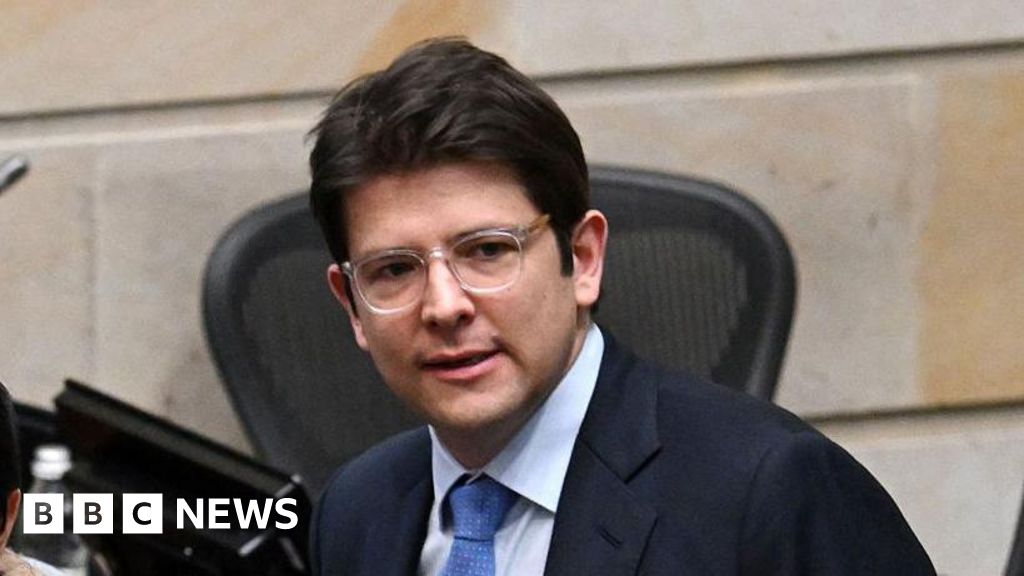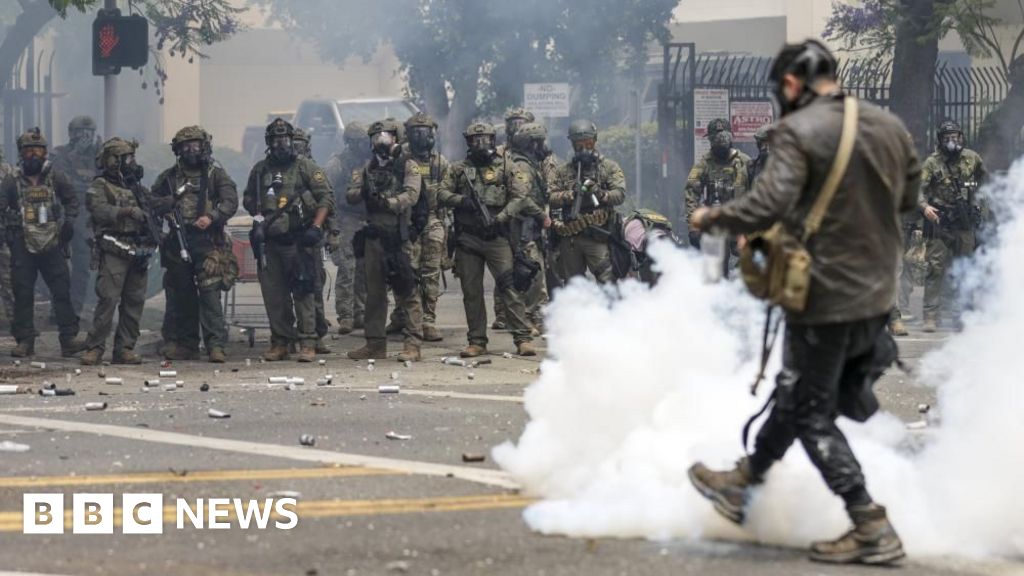ARTICLE AD BOX
It's two weeks until the start of the crucial COP26 climate summit in Glasgow - one of the biggest ever world meetings on how to tackle global warming.
But what's it all about? BBC News science correspondent Matt McGrath answers some of your questions.
Does COP26 really need 25,000 people there? They will generate a lot of CO2, so why can't many elements be online? - David, Birmingham
The pandemic might be seen as the perfect moment for the UN to use technology for negotiations, and it was attempted during a preparatory meeting for COP in June, which ran for three weeks.
Unfortunately, it didn't go well - time-zone and technology challenges made it almost impossible for countries with limited resources, progress was limited and decisions were put off.
As a result, many developing nations have insisted on having an in-person COP. They feel that it is far easier for their voices to be ignored on a dodgy Zoom connection.
They also bring a lived experience of climate change that it is critical for rich countries to hear first-hand.
There's some evidence that this works. In 2015, the presence of island states and vulnerable nations was key to securing the commitment to limit temperature changes to 1.5C in the Paris Agreement.
What pressure will be put on the countries contributing the most to climate change? - David Neil, Bolton
It depends whether you mean the countries now contributing the most to carbon pollution, or the ones that have done so historically.
This difference is an important part of the delicate dance between the richer nations and emerging economies on climate change.
Under the terms of the Paris Agreement, those countries that have used fossil fuels the most over the past two centuries - the US and Europe - accept they will make the bigger cuts in the short term.
The larger developing nations that are now the biggest source of CO2 - chiefly China - accept they will make the bigger cuts in the longer term.
In the pact, all emitters - big and small - agreed to bring forward new and more ambitious carbon-cutting plans every five years.
There is only a moral pressure to improve your offer, and a degree of embarrassment if a country doesn't step up to the mark.
Glasgow will reveal whether this approach actually works.
How can we measure progress in climate-change adaptation? - Ian, Ontario, Canada
Adaptation is the process of making changes to your country to cope with the impact of a changing climate.
It covers everything from developing better weather-warning systems to simple steps, such as building uphill refuges from potential floods.
For many years, the richer nations wanted the climate aid they provided to poorer nations to be focused on cutting carbon and not on adaptation.
But the reality of rising temperatures, and the impacts they are bringing across the world, mean that view has changed.
The UN is now calling for climate finance to be split 50-50 between adaptation and cutting carbon.
What's also new is the view that adaptation is no longer just a problem for poorer countries - witness the impact of the heatwave in Canada, or the floods in Germany this year.
So success in Glasgow on this issue will be measured not just by more money but by progress towards what's called the "global goal on adaptation".
However, right now, no-one is quite sure what that stands for or how the world should get there.
Getting some clarity on that at COP26 would be a big step forward.
The COP26 global climate summit in Glasgow in November is seen as crucial if climate change is to be brought under control. Almost 200 countries are being asked for their plans to cut emissions, and it could lead to major changes to our everyday lives.
How much lobbying from multinational businesses, such as steel, concrete, gas and aviation, is going on behind the scenes? - Jenny Paton-Williams, Edinburgh
Representatives from steel, concrete and many other international businesses are usually represented at an event like COP26.
The UN also wants to encourage engagement from fossil-fuel industries and "carbon-heavy" corporations.
There are often questions about the scale of influence that these large companies have, especially when they can afford to send hundreds of delegates to the COP.
This never looks good when compared with developing countries, which may struggle to have any presence at all at this event.
However, environmental pressure groups are also out in force and are very sensitive to any attempts by multinational corporations to influence negotiators, and serve as a key line of defence.
As at previous COPs, they will be keeping tabs on both the numbers and actions of corporate representatives.
Who will be in the room when decisions are made? Will it be the global elite, elected representatives, or people that are going to feel the effects of climate change first? - Ross Gibson, Dumfries
All of the above! The key lesson that was learned from previous attempts at agreement is that it's important to build broad coalitions of rich and poor.
Take the Kyoto Protocol, for example - signed in 1997, this was the world's first major attempt to restrict carbon.
However, it foundered from the start because it wasn't inclusive - only the developed countries had to cut carbon, and there was a feeling that a narrow group of rich countries essentially decided the terms for everyone.
The Paris Agreement was built on input from the Western powers, such as the US and EU nations, but also from the most vulnerable countries, such as the Marshall Islands.
This broad-based "high-ambition coalition" helped broker the two key concepts of Paris - that every country, rich and poor, would take on commitments, and that the lower temperature threshold of 1.5C would be a viable target for the world to aim for.
So yes, there will be members of the political elite in the room, but there will also be representatives of the very poorest. Climate change affects all of us, and the consent of all is needed to tackle it effectively.
What questions do you have about changes in our climate?
In some cases your question will be published, displaying your name, age and location as you provide it, unless you state otherwise. Your contact details will never be published. Please ensure you have read our terms & conditions and privacy policy.
Use this form to ask your question:
If you are reading this page and can't see the form you will need to visit the mobile version of the BBC website to submit your question or send them via email to YourQuestions@bbc.co.uk. Please include your name, age and location with any question you send in.

 3 years ago
58
3 years ago
58








 English (US) ·
English (US) ·